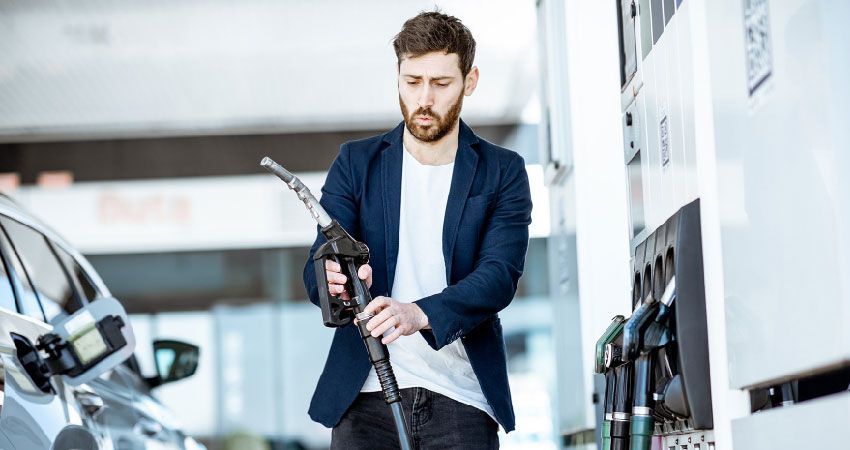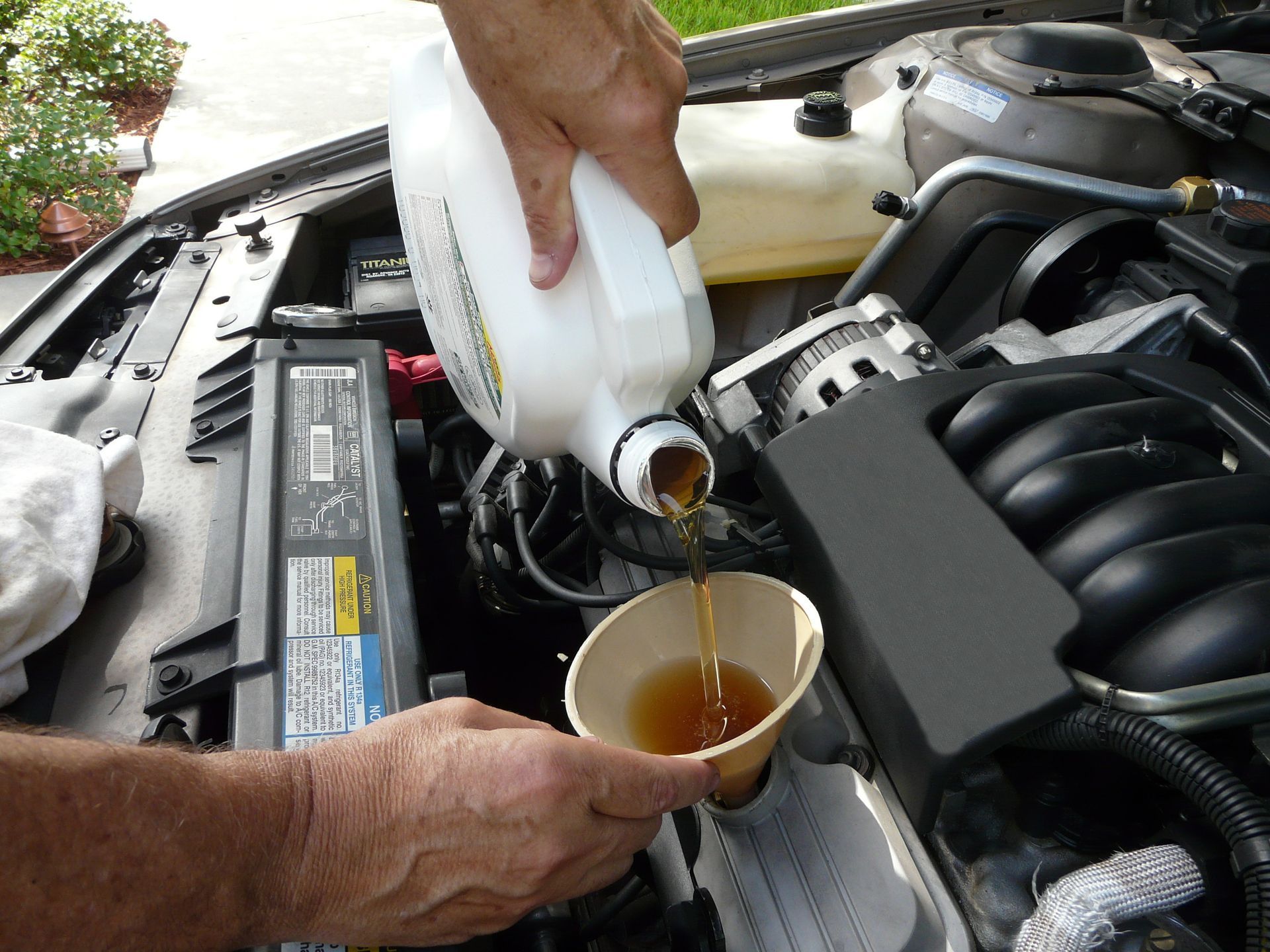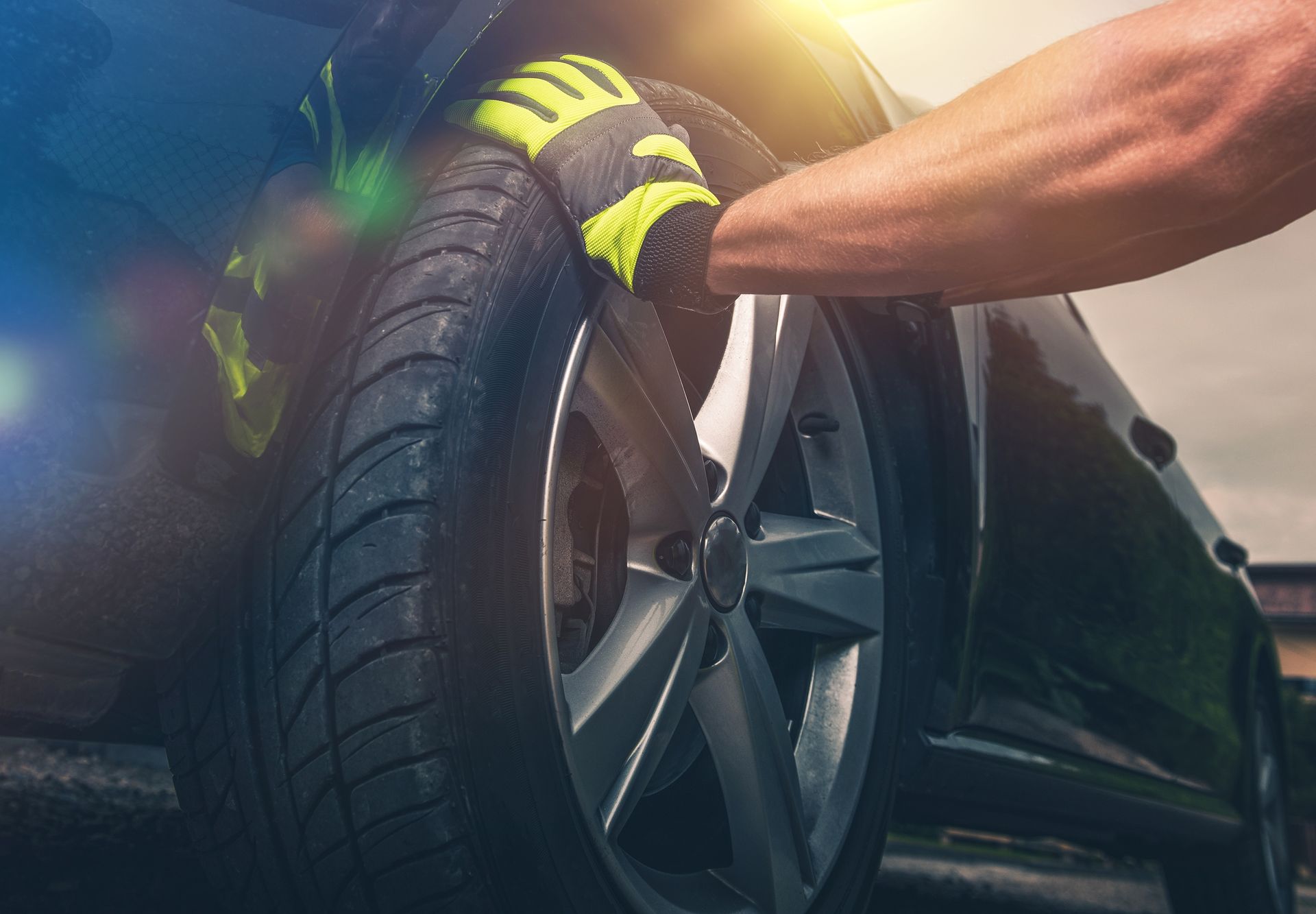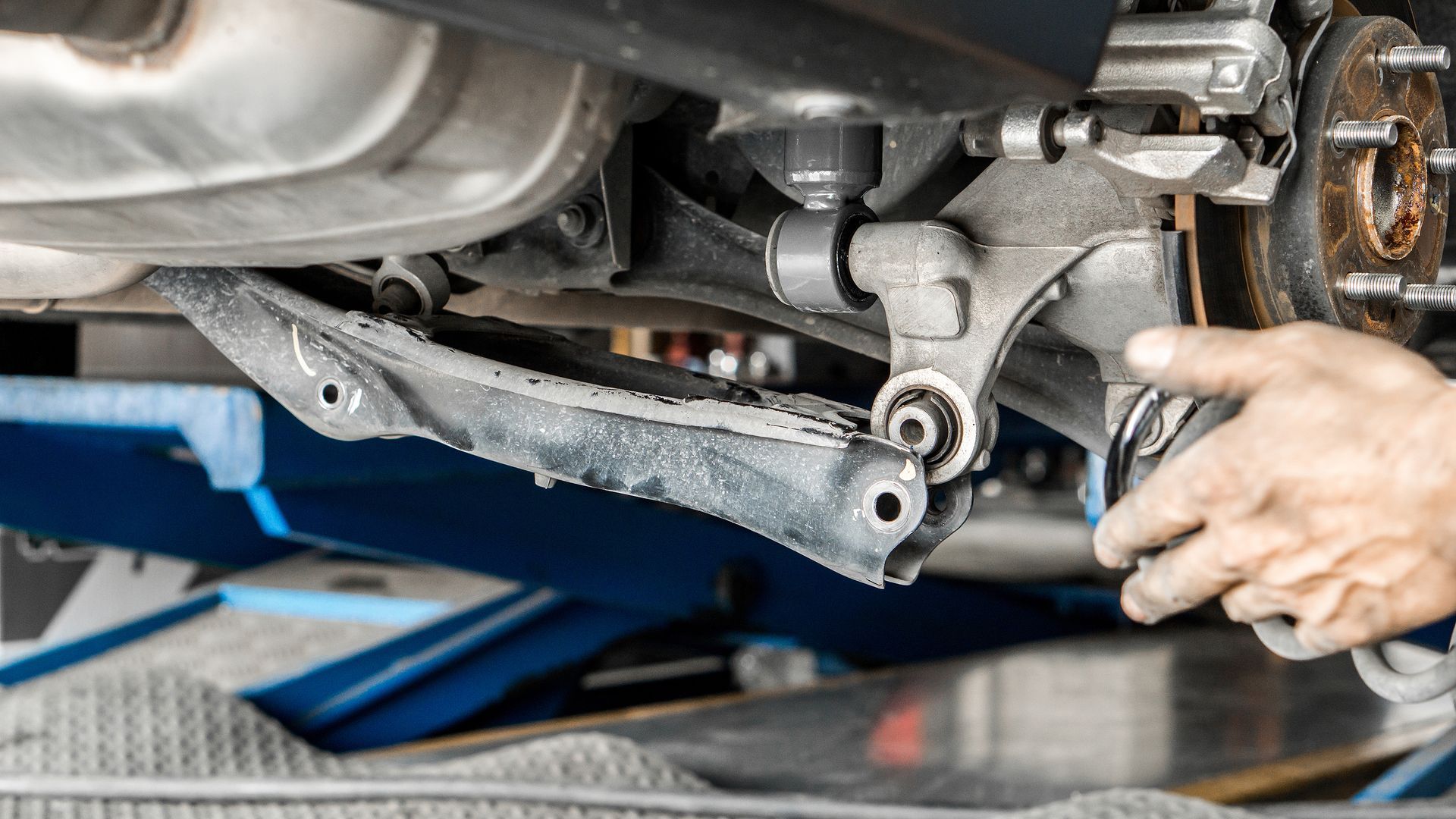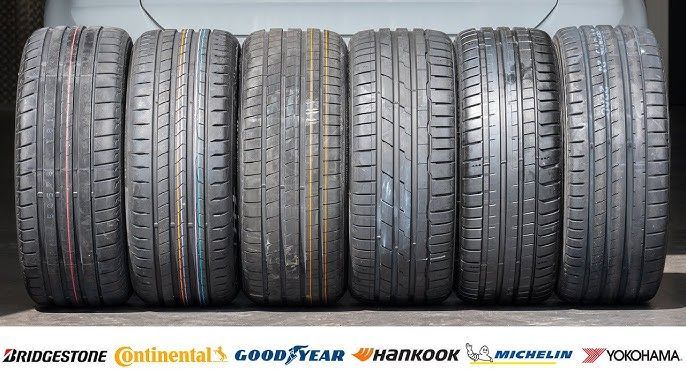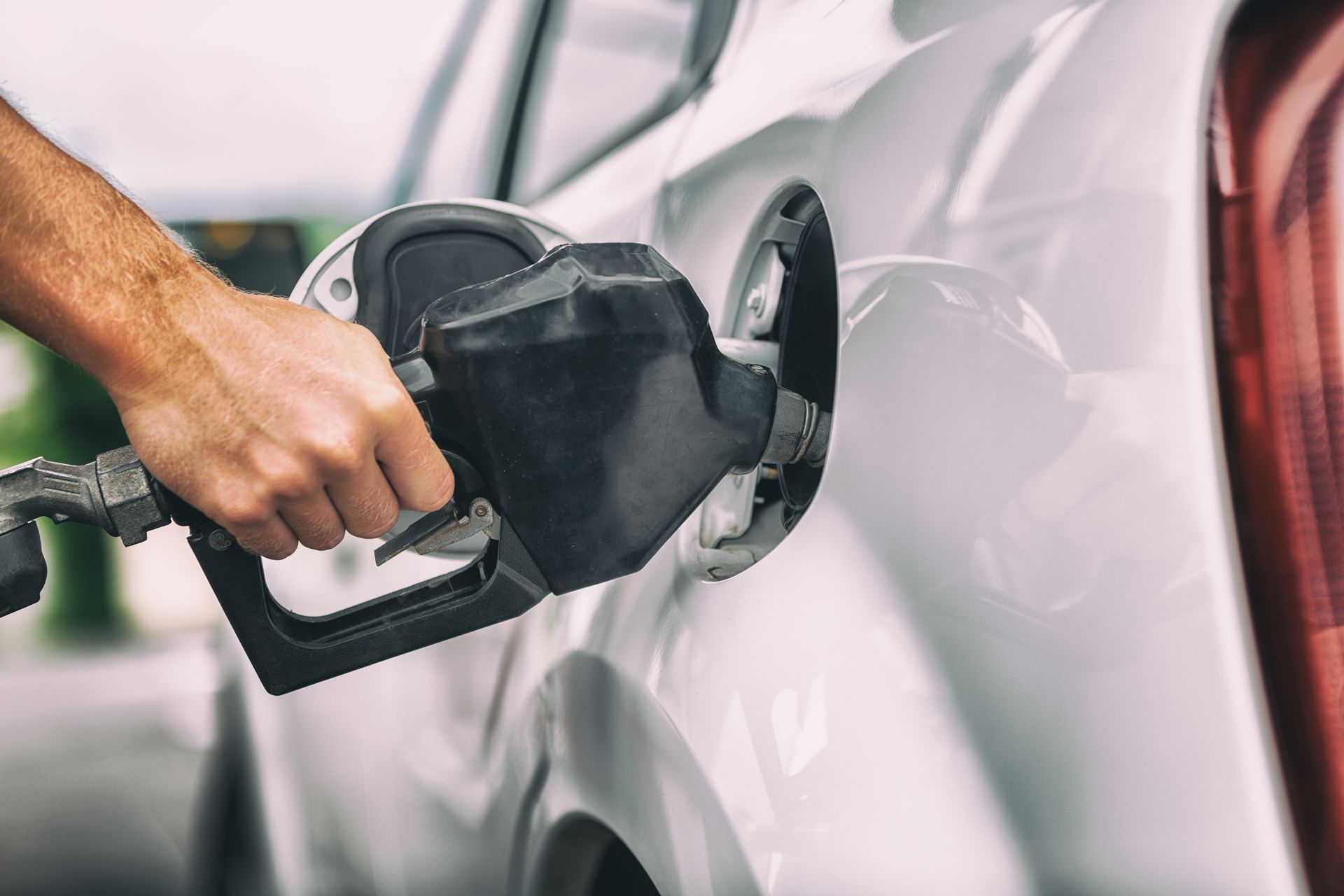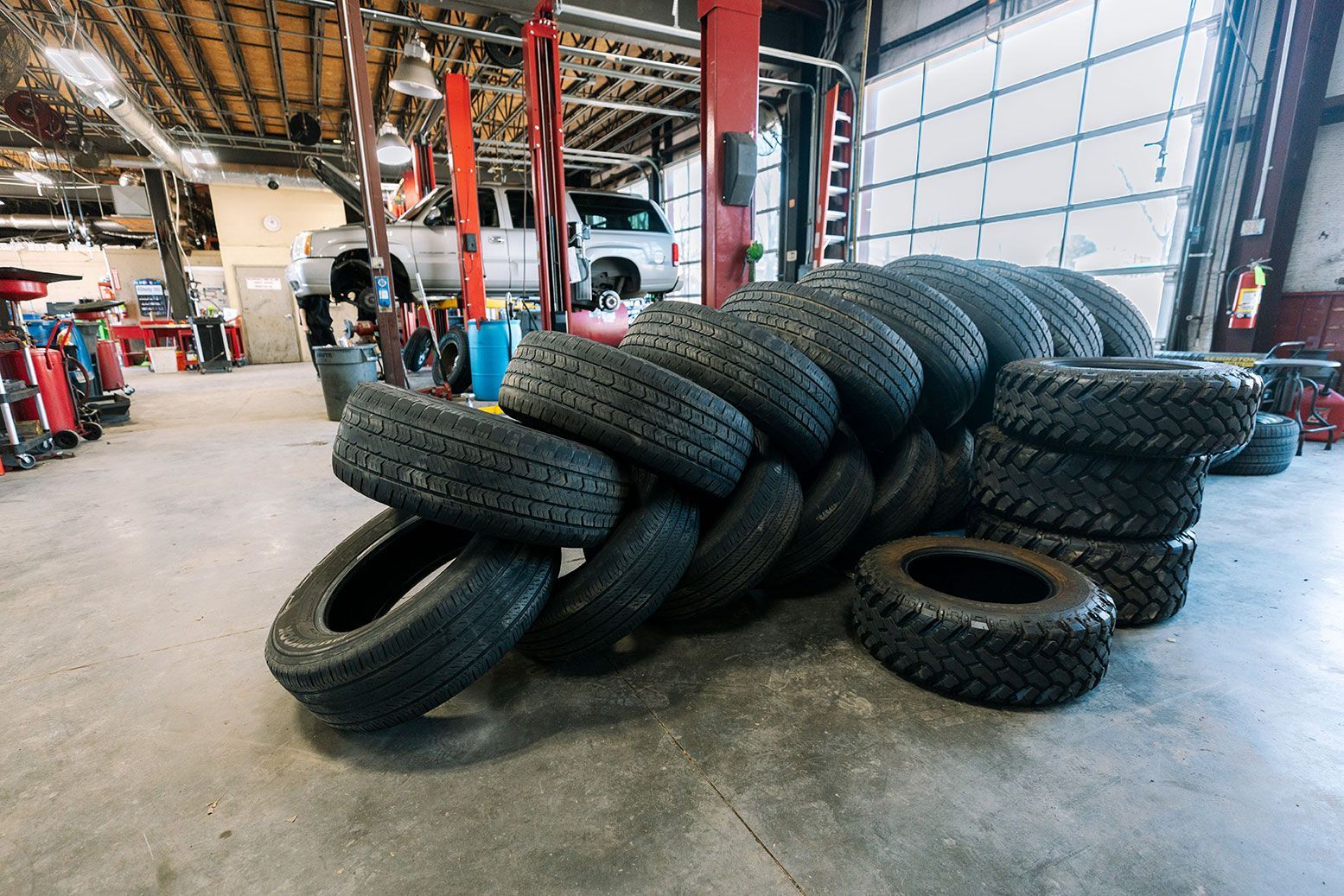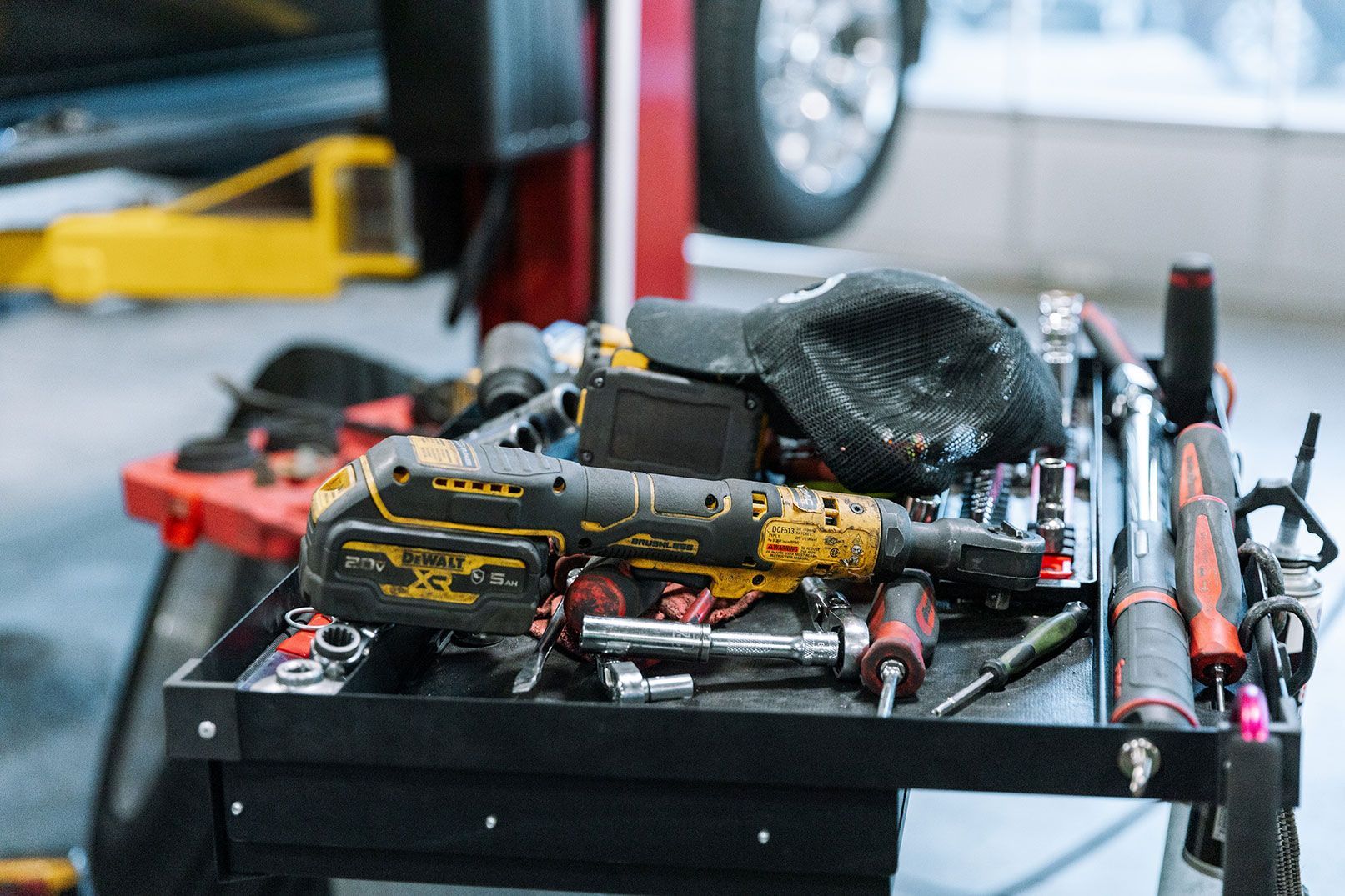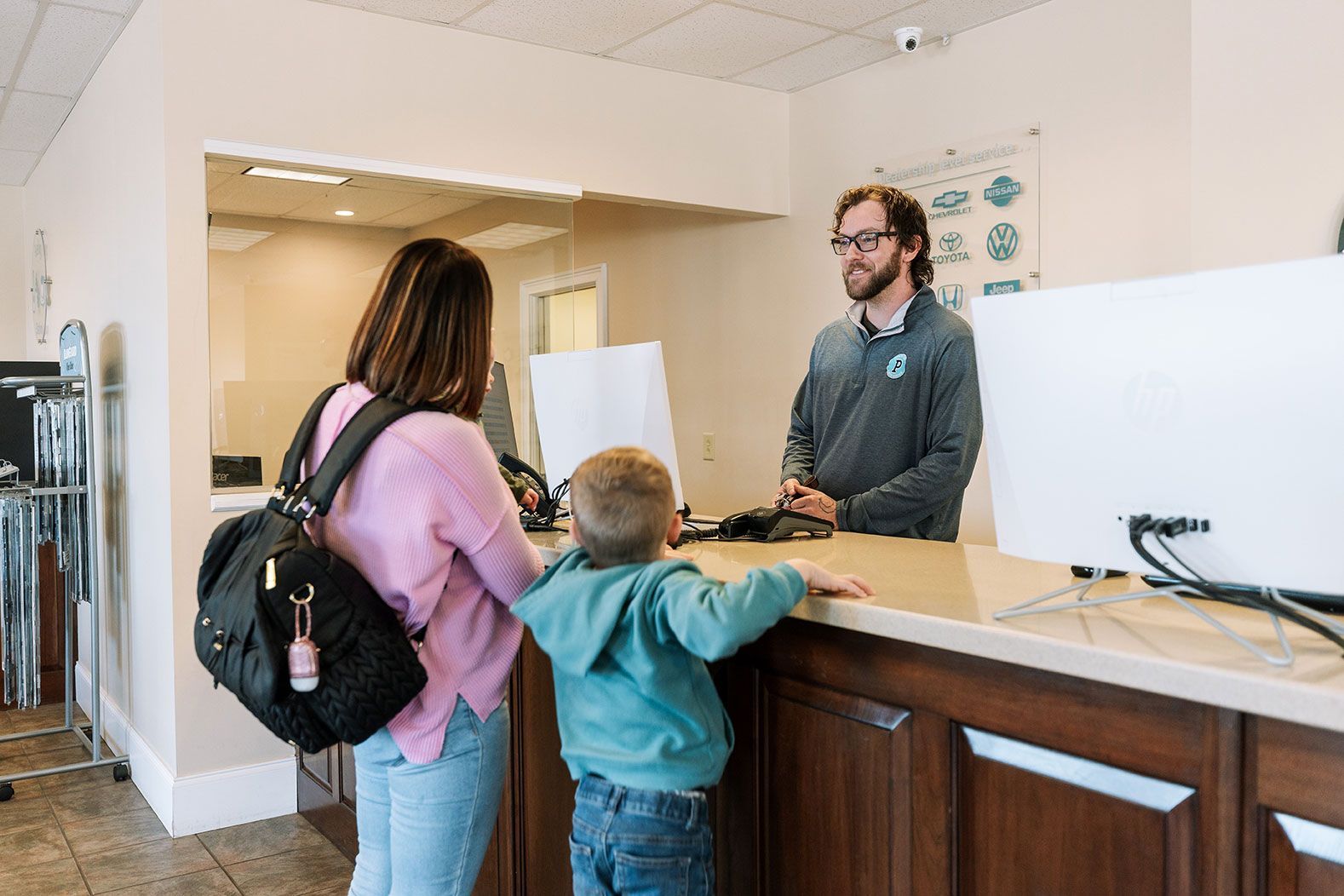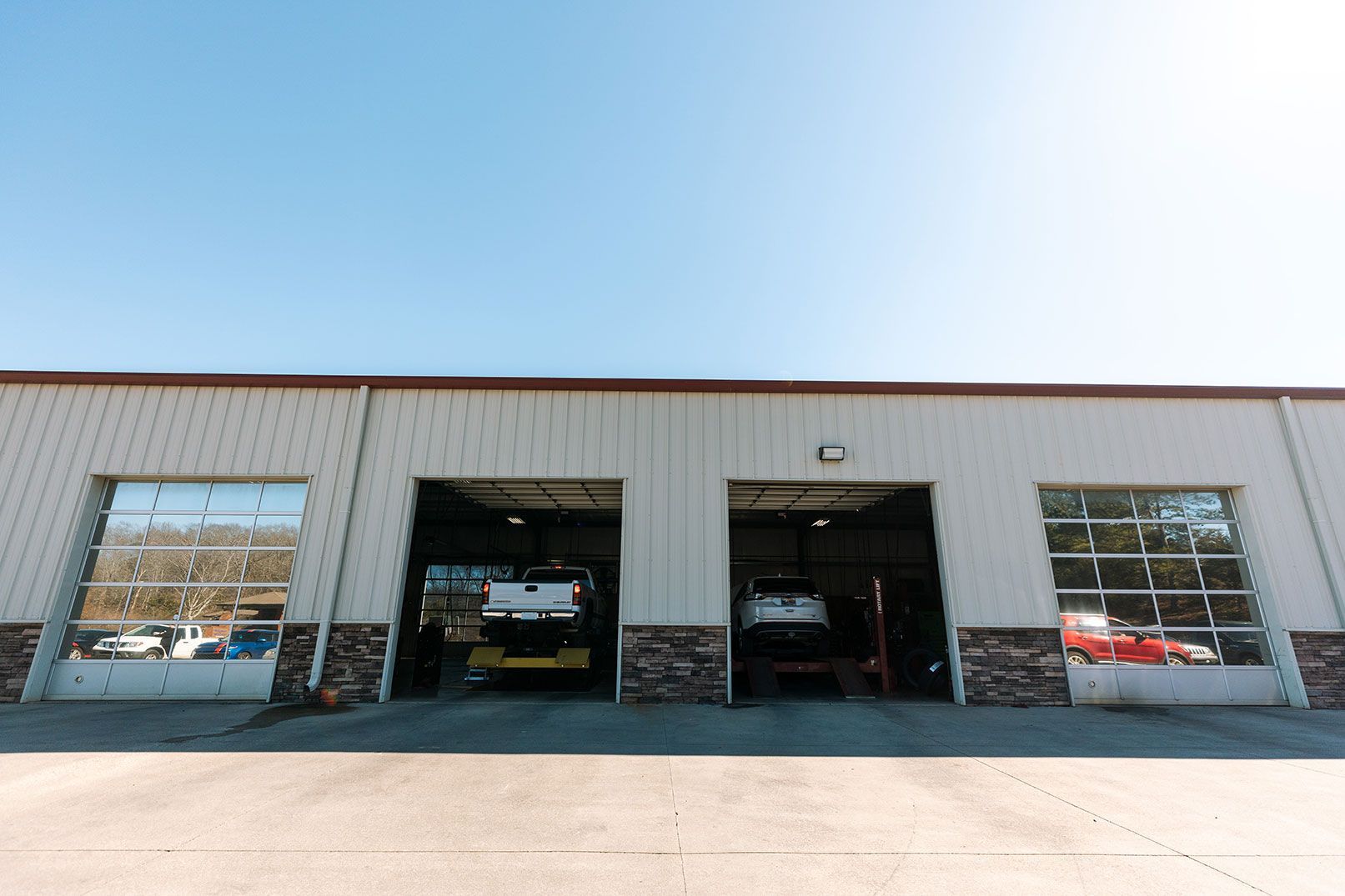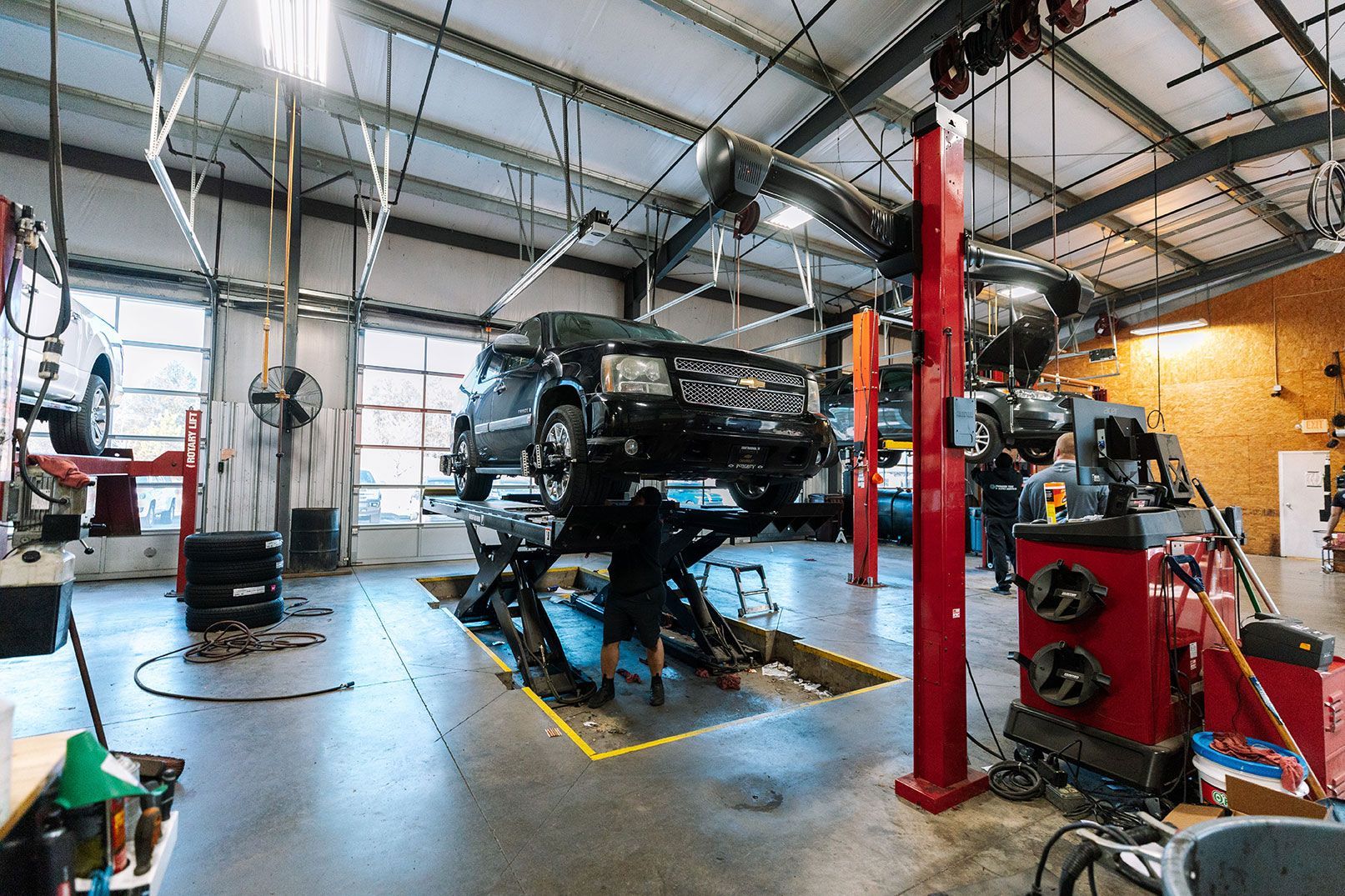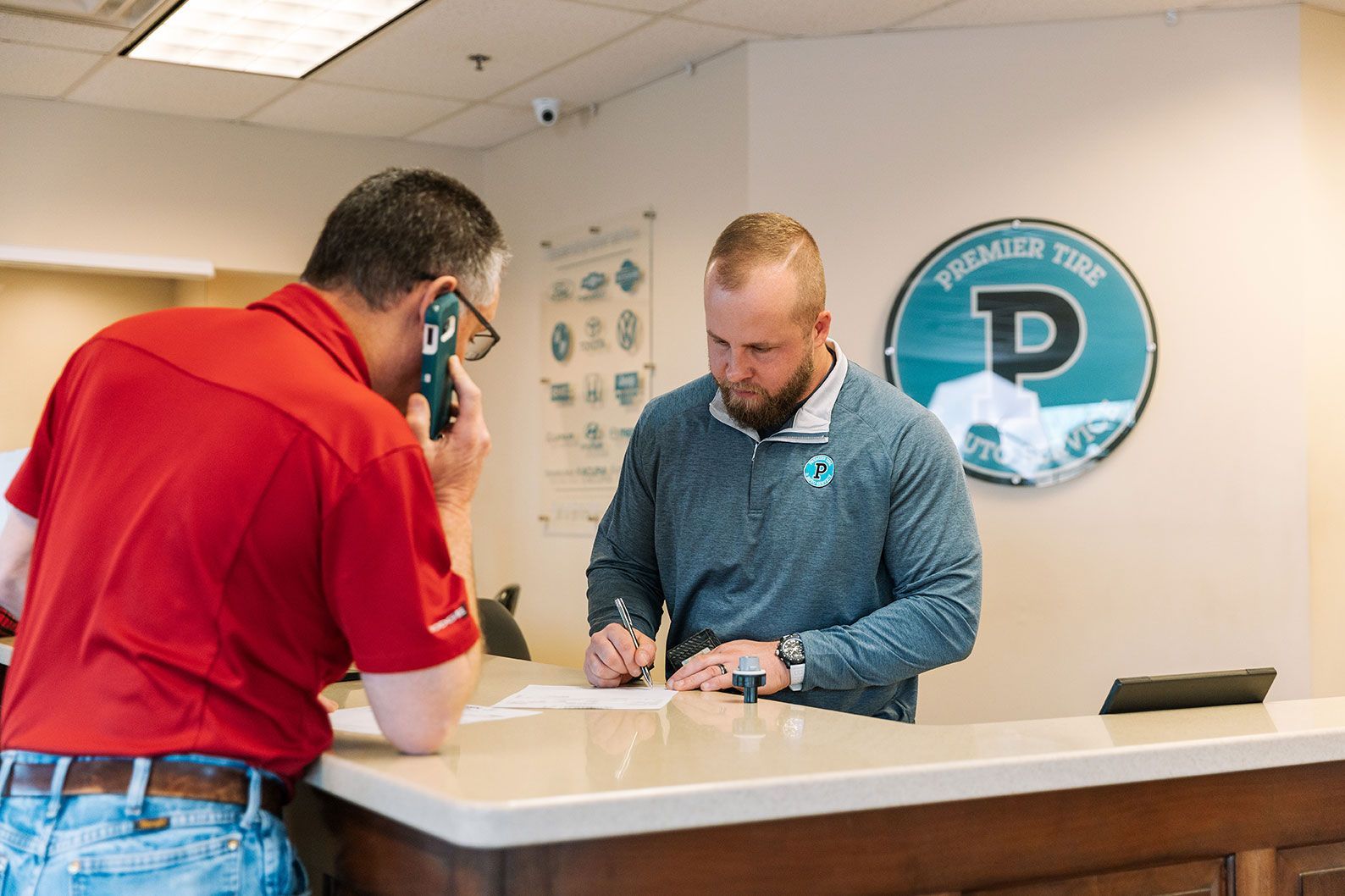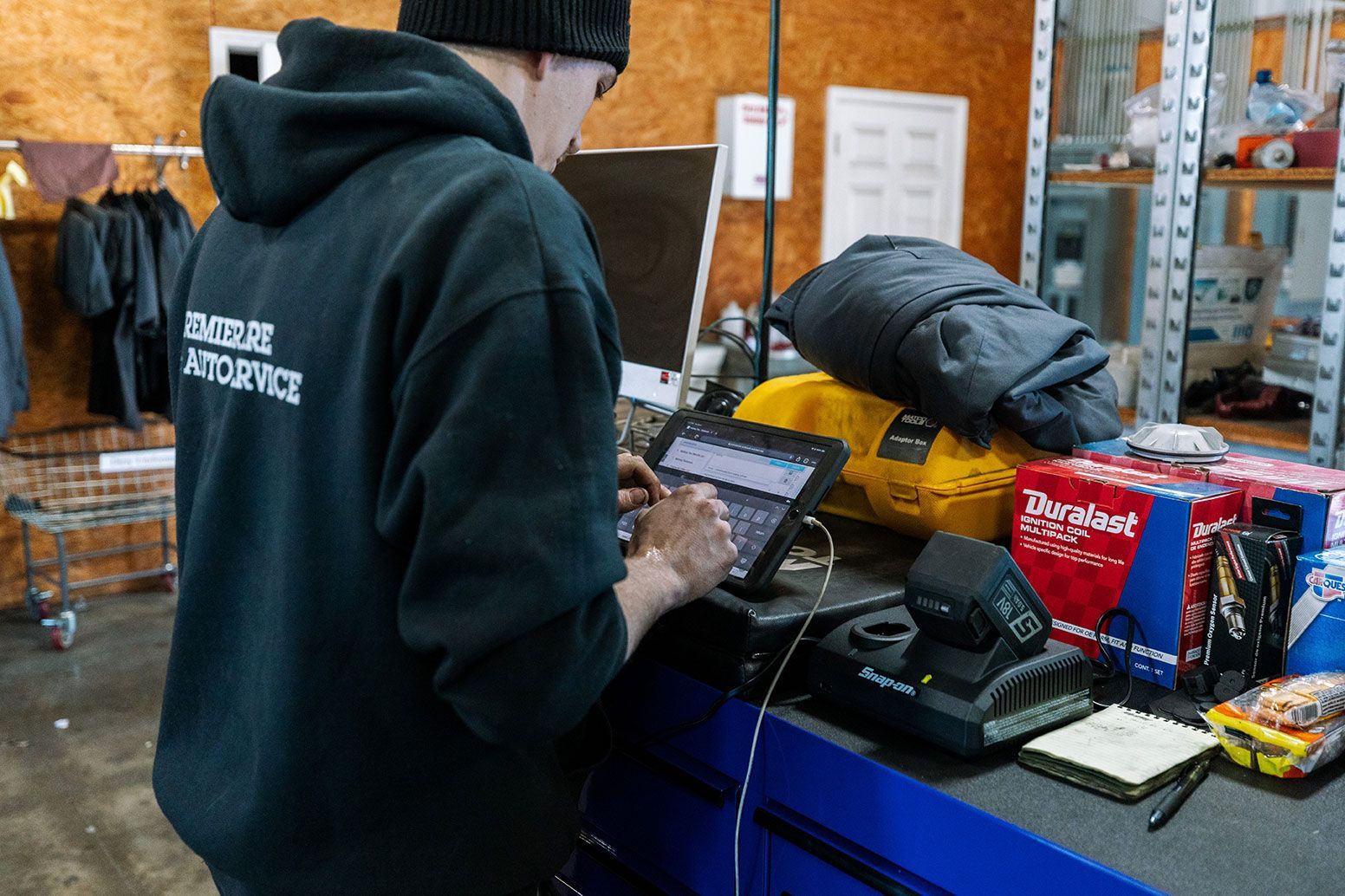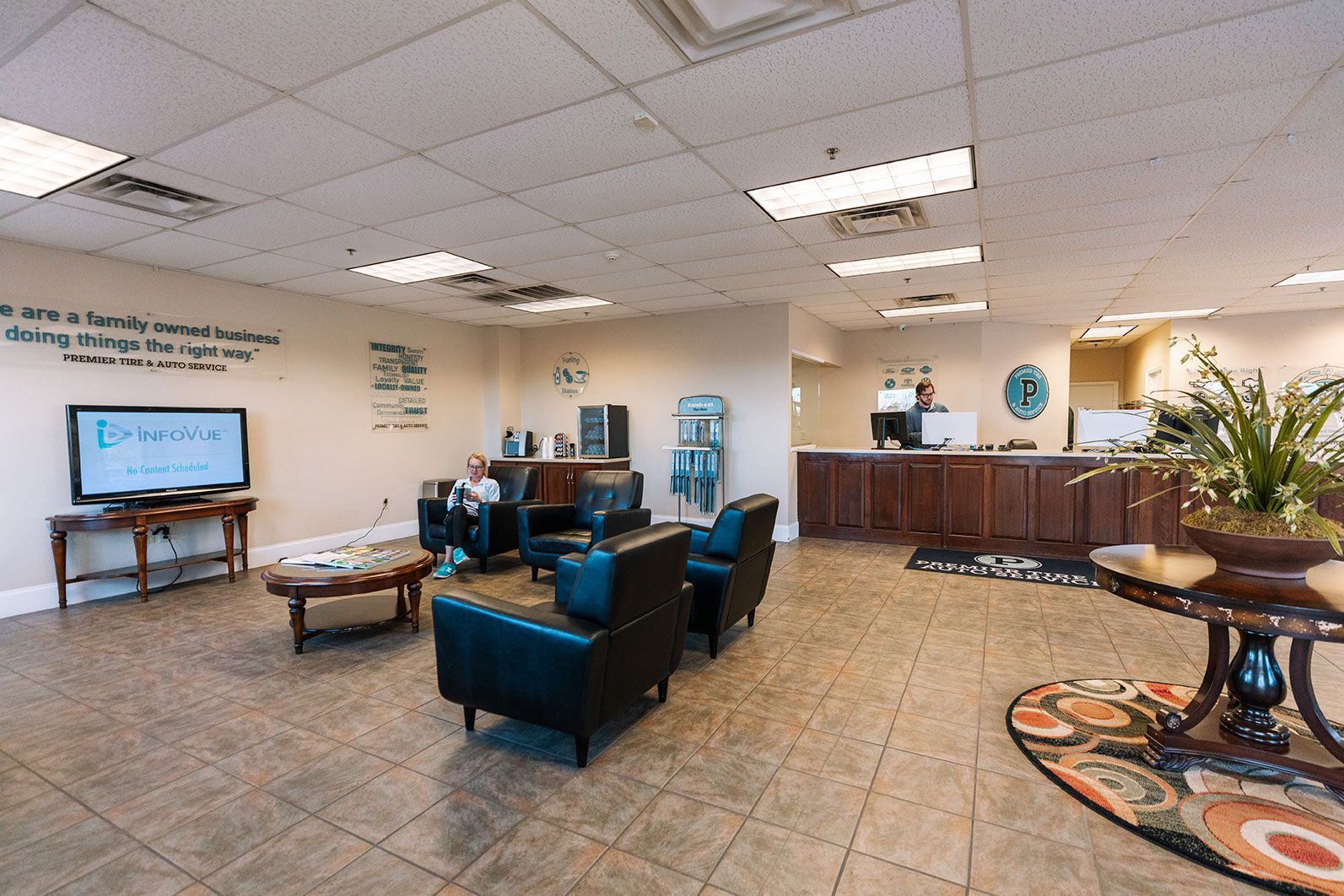May 1, 2024
If your car's temperature gauge enters the red zone while driving, it means your car is overheating. This situation can be stressful for any driver, potentially causing inconvenience or even danger. Understanding why it happens can help you prevent harm. Low coolant levels are often the main culprit since coolant helps regulate engine temperature. When there's not enough coolant, heat dissipation becomes inefficient, leading to overheating. Leaks in the cooling system can also cause difficulty in maintaining the correct temperature. If your car is leaking coolant, it might come from the radiator or hoses. Other Common Failure Points in Your Vehicle's Cooling System Another common cause is a faulty thermostat, which regulates coolant flow. If it malfunctions, either staying closed or open when it shouldn't, overheating can occur. Cooling fan issues can also play a role, especially if the fan fails to activate or doesn't work correctly. This can reduce airflow over the radiator, particularly when the vehicle is stationary or moving slowly, leading to overheating. Other issues, such as a blocked radiator, engine oil problems, a misfiring engine, or a faulty water pump, can cause overheating. Regular maintenance and quick problem-solving can help your car run smoothly and prevent overheating during driving. How Much Does It Cost to Replace a Water Pump or Thermostat? If your car is overheating and requires a new water pump and thermostat, you may wonder about the cost. Knowing this in advance allows you to budget accordingly and make an informed decision. Typically, replacing both components simultaneously ranges from $500 to $1000, covering parts and labor. There's often no additional labor cost when replacing both components together, making it a cost-effective choice. When replacing both the water pump and thermostat, choose high-quality parts that are compatible with your car for optimal results. Despite a potentially higher initial investment, selecting reliable components and professional installation can prevent future overheating concerns. This approach can save money and improve cooling system performance by replacing both components together, streamlining the labor process. Risks of Driving Your Car at High Operating Temperatures Driving your car when it's overheating can be dangerous for you and your vehicle. It's crucial to stay safe. High temperatures can cause engine parts to wear out faster, leading to costly damage or engine failure. When a car overheats, it can cause important fluids like oil to degrade faster, potentially damaging the engine. Driving at high temperatures can also reduce the efficiency of your car's cooling system, putting more strain on the engine. Furthermore, overheating can cause warped cylinder heads or blown gaskets, leading to leaks and more engine damage. It can also result in stress cracks in the engine block, leading to further expensive repairs. In extreme cases, driving a severely overheating car can even pose a fire hazard. It's vital to fix overheating problems promptly and avoid driving your car when it's too hot. Doing so can help you avoid costly repairs and keep you safe while driving. Importance of Regular Vehicle Inspections It's essential to have your car's cooling system checked regularly, typically every 12,000 to 15,000 miles or at least once a year. Regular checks help prevent overheating and keep your vehicle running smoothly. Technicians inspect parts like the radiator, hoses, water pump, thermostat, and coolant levels for damage, leaks, or rust. Fixing small problems early can save money and extend the life of your engine and cooling system. Regular maintenance improves how your car runs and saves fuel. It also gives you peace of mind, knowing your car is ready for daily driving. How to Prevent Car Overheating An overheating car is worrisome, but knowing the causes can help you address the problem quickly and effectively. Regular maintenance, like checking coolant levels and inspecting for leaks, can help prevent overheating issues. Ensure components like the thermostat and water pump are functioning correctly. If your car keeps overheating, it's crucial to see a mechanic right away. They can diagnose the issue and fix it before it leads to bigger problems or becomes dangerous while driving. Stay vigilant and take care of your car to avoid overheating issues and ensure a smooth ride on the road. For those in the Ooltewah and Cleveland, TN, area, consider visiting Premier Tire & Auto Service for comprehensive vehicle inspections and expert repairs. Our experienced technicians can help you resolve overheating problems or any other vehicle issues, ensuring your car stays in peak condition. Stop by Premier Tire & Auto Service today and keep your vehicle running smoothly and efficiently! By staying vigilant and proactive about maintenance, you can avoid the frustrations of overheating and enjoy a reliable and safe driving experience.
